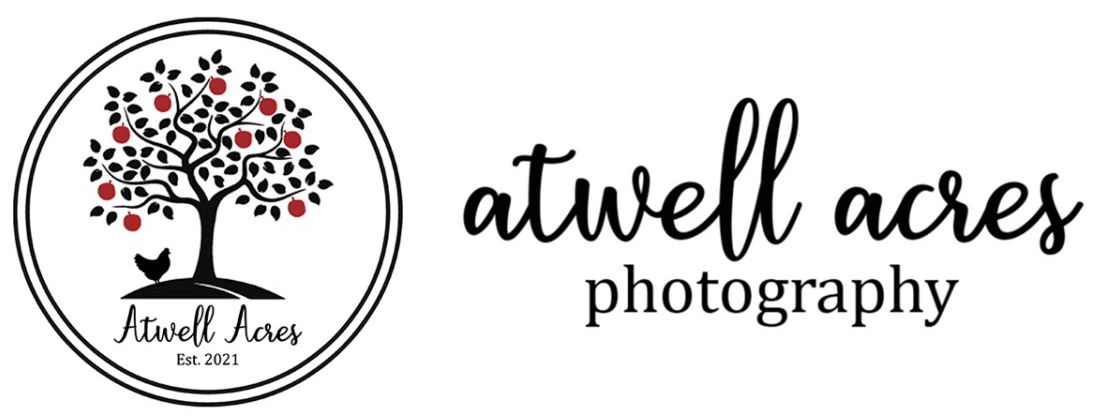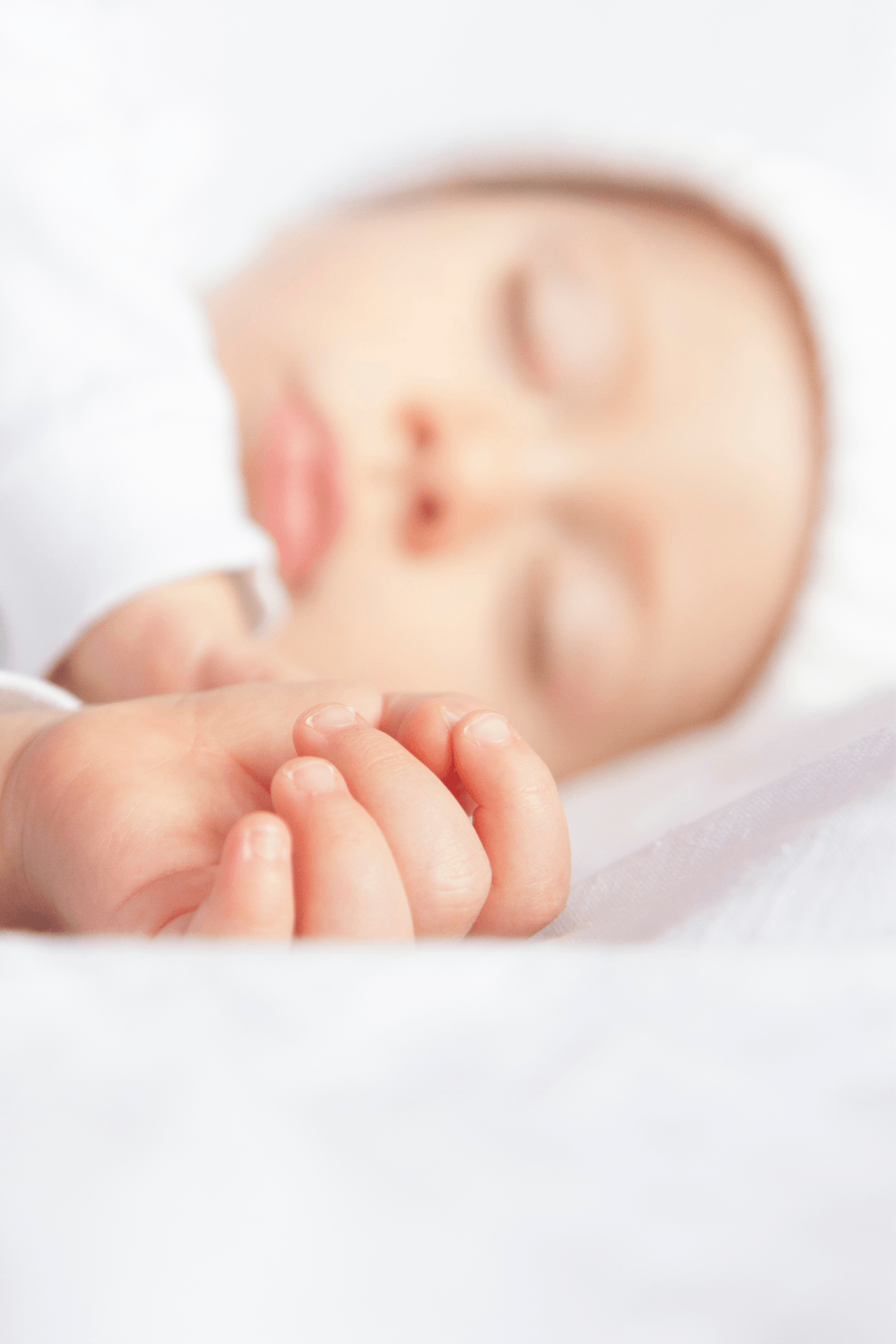Pregnancy & Newborn Safety During Coronavirus (COVID-19) Pandemic
How do I stay safe while pregnant during covid-19?
**Post Updated May 13, 2020, Originally Published April 28, 2020
I think we can all agree that these are crazy and unexpected times, but some of us are feeling the strain more than others. If you are an expecting parent or have a brand-new baby at home, you’re not just thinking about your own health but the health of your tiny human, too. Parenthood is already tricky enough without the added stress of a pandemic.
For new and expecting parents, we know you may be feeling a little anxious right now, but we are here to reassure you! So far, the data for pregnancy and newborns and COVID-19 is incredibly optimistic and encouraging. We’re happy to share that information with you as well as a few tips and resources for staying as safe and healthy as possible.
**Updated Data on Pregnancy & Newborns with COVID-19
Expectant Mothers
We want you to stay informed and be as careful as possible when it comes to you and your baby. But we’re also here to encourage you. So, here is some encouraging updated data (as of May 13,2020).
Even a month later, we aren’t hearing much information through the media about how the coronavirus is affecting pregnant women and newborns. That’s actually a bit of good news. The media would surely report on any alarming trends, but it seems as if pregnancy may not increase a woman’s risk as much as some might think.
In fact, in Los Angeles County, they’ve recorded over 32,000 confirmed cases. Only 134 of those were pregnant women. As of May 11, 2020, 29 of the mothers have safely given birth. 82% of those women showed typical coronavirus symptoms, yet none of their babies have tested positive for the virus. Not enough studies have been done to show absolutely conclusive data, but so far, it seems as if the virus is not transferred in utero.
For even more encouragement, only a very low number of babies have contracted the virus after birth, and “the virus has not been detected in amniotic fluid, breast milk, or other maternal samples” (LA Public Health Director Barbara Ferrer and Colleen Shalby, Los Angeles Times ).
Similarly, in a study led by a research team at Oxford University, they found that “fewer than 0.5 percent of all pregnant women were admitted to hospital with the disease, and only around 1-in-10 of those needed intensive care” ( Reuters ). Thankfully, this puts them at no greater risk than the average population. However, most pregnant women who were admitted to the hospital were more than six months pregnant, either due to extra precaution for mother and baby or due to complications. And it makes sense that those with other health conditions or genetic susceptibilities would be at higher risk for needing intensive care than those who are generally healthy ( Reuters ).
Newborns
While little research has been done specifically on newborns and COVID-19 (primarily because so few have contracted the virus), a few studies have been done with general pediatric groups. A study published by the American Academy of Pediatrics shows that pediatric populations are both at less risk and show less severe symptoms. In the study, 2,143 pediatric patients with COVID-19 were analyzed. The average age was 7 years old. The results showed that:
“Over 90% of all patients were asymptomatic, mild, or moderate cases. The median time from illness onset to diagnoses was 2 days. There was a rapid increase of disease at the early stage of the epidemic and then there was a gradual and steady decrease […] Children at all ages appeared susceptible to COVID-19, and there was no significant gender difference. Although clinical manifestations of children’s COVID-19 cases were generally less severe than those of adults’ patients, young children, particularly infants, were vulnerable to infection.”
Just as with all illnesses, newborns are at-risk due to their developing immune systems; however, few newborns have contracted the virus, and many who have gotten it have fully recovered. In a medical article by the European Respiratory Journal, they found that for four newborns who contracted the virus, all four recovered with very mild symptoms, and “none had any severe complications” ( European Respiratory Journal )
Here are 5 ways expecting parents and their newborns can stay healthy during the coronavirus pandemic:
1. Stay Calm & Limit Stress
Filter and limit the amount of news and social media you take in. Many sources out there are misleading, wrong, outdated, or fear-inducing. If you’re looking for solid information, keep to reputable sources. For some encouraging news about pregnancy and COVID , here are a few recent medically reviewed articles about pregnancy, breastfeeding, and COVID-19 as well as a “summary of the first large report of pregnancies [with] COVID in the US ” ( Teleperinatal ):
· ACOG
· CDC
· WHO
Be sure to check the date on all articles you come across. Since things are ever-changing, articles two weeks old could have outdated information.
The further reduce stress, make time for yourself with a relaxing bath, a good book, or your favorite hobby. Have fun decorating the nursery with the extended time at home. Overall, keep looking up! Don’t let COVID dampen the excitement and anticipation you have for your new bundle of joy!
2. Keep Yourself in Optimum Health
If you and family members are staying home and washing hands, the chances of you catching COVID-19 are already low. Keep it up! Fight the urge to go out. However, if you somehow catch the virus, your body needs to be in tip top shape. Keep doing the following regularly throughout pregnancy:
· Take Your Prenatals – Order them online so you don’t run out or have to go to the store.
· Stay Well-Hydrated – Drink low sugar, decaffeinated liquids.
· Eat Colorful Fruits & Veggies – Mushrooms, kale, sweet potatoes, avocado, bell peppers, and berries (which are low in sugar and high in fiber, vitamin C, and antioxidants) are great options. Try this superfood sautéed spinach and mushroom recipe as a delicious side dish!
· Exercise – Try some relaxing prenatal yoga. This Sarah Beth Yoga video is good for all trimesters!
· Fresh Air – Go for a walk outside if you can while social distancing. A little sunshine will replenish your vitamin D, and it’s good for your mental health and immune system.
· Keep Sugar Intake Down – Limiting added sugars will boost your body’s natural defenses by strengthening your gut and immune health.
A Note of Encouragement – You may have heard that your immune system is weakened throughout pregnancy – this is FALSE! A woman’s body is incredibly adaptive and provides the perfect balance of immunity while growing your baby at the same time ( Healthline ). Medical professionals recommended extra precautions because not much is known about how complications from COVID-19 can affect mother and baby, but pregnancy does not necessarily make you more susceptible to the virus.
3. Protect Yourself
We know you may not be able to stay inside ALL the time. You might need to go out for groceries or medication, and you’ll probably have a few mandatory doctor’s appointments. Protect yourself by:
· Picking the most isolated seat during prenatal checkups.
· Wearing a mask and regularly washing your hands (tutorial for a quick no-sew facemask ).
· Designating a family member go out for necessary errands.
· Using curbside grocery pickup when available. (Tip: With few available time slots, consider placing orders or reserve slots for every other week so aren’t stuck.)
· Talk to your OBGYN about frequency of checkups
Note of Encouragement
– During the breakout in China, they studied 33 mothers who gave birth while infected with COVID-19. Only 3 babies (one born at 31 weeks) contracted the virus within a week after birth – and ALL THREE
recovered without severe complications ( Hopkins Medicine
, March 26).
4. Limit/Restrict Visitors During Delivery & At Home
Many hospitals are allowing one person to be with the mother during birth and delivery and restricting visitation once the baby is born. They are also doing their best to release babies and mothers to go home as soon as it is safe for them to do so.
You may have been hoping to have friends and family come welcome the little one with you, but the safest thing you can do during this time is to stay home with just your immediate family members. That doesn’t mean you can’t celebrate! Facetime/Zoom your friends and family, record videos, share photos. They will love seeing you and the new addition in any form; and hopefully, before we know it, they can meet in person, too.
5. Rely on YOUR Doctor First
Your doctor is aware of your personal needs, health, or any underlying conditions. He or she will keep an open line of communication to discuss how to safely proceed during this time. If you have questions, ultimately, the best option is to consult is your own doctor.
Discuss how often you need to come in for checkups, your plan for labor and delivery, what to do if complications arise, and how to proceed with feeding and care after your baby is born. Unlike WebMD, your doctor has all of your medical information, and his or her top priority is the health of you and your baby. Trust them to guide you through this time.






